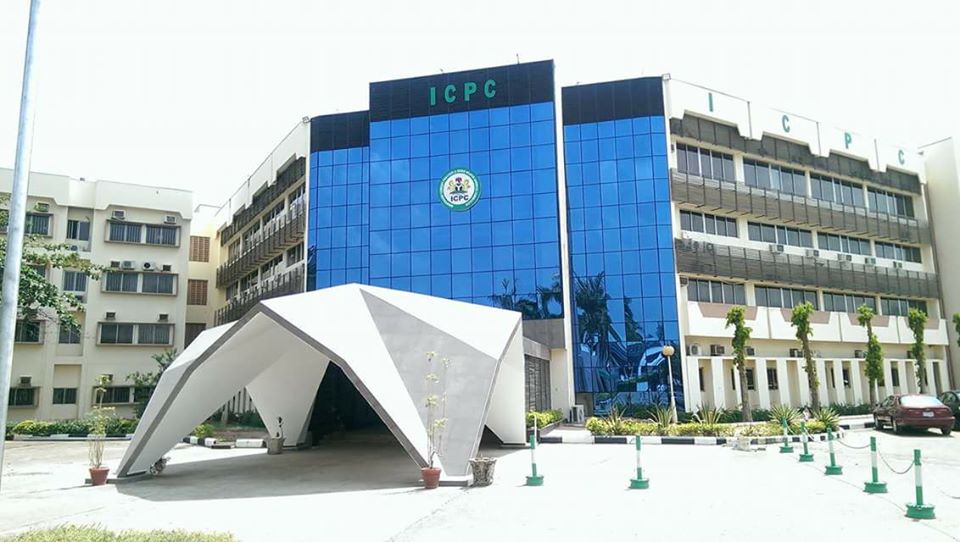The Chairman of Independent Corrupt Practices and Other Related Offences Commission (ICPC), Mr. Ekpo Nta has urged the youth to avoid all forms of corruption and partner with the Commission in the fight against corruption.
Mr. Nta, who was represented by Mr. Edet Ufot, a senior officer of the Public Enlightenment Department of ICPC, stated this in a workshop organized by Youngsters Development Initiative and the National Endowment for Democracy (NED), Washington DC United States America (USA), in Abuja. The workshop was part of a youth development and motivational retreat geared towards expanding the knowledge of the youth on democracy and good governance.
He urged the youth who came from various countries in Africa namely Cameroon, Ghana and Nigeria to be good citizens of their countries.
He added that the Commission considered the youth a vital segment of society that should be involved both actively and passively in the anti-corruption effort.
He said, “For this reason, we spare no punches, figuratively speaking, in engaging with young people on the issue of corruption.”
The Chairman in his paper presentation, titled “AFRICAN PROMISE VS THE VICE OF CORRUPTION” emphasized that fighting corruption should not be left to the government or anti -corruption agencies alone, but that it was for everybody.
Mr. Nta informed the youths that corruption was not restricted to Nigeria or Africa only but that it was a disease in all countries of the world. However, he said the magnitude of it is what differentiates one country from another; and one continent from the other. He regretted that African countries generally have high levels of corruption.
Mr. Nta grouped corrupt acts into two; grand corruption, which is done by people in government offices or private companies who give out large contracts, and petty corruption which is done by lower people like civil servants, law enforcement officers, artisans, motorists, mechanics and market women, who deal in small scale activities and small amounts of money.
He added that, “The mistake we all make is that we point accusing fingers at other people indicating that they are corrupt but we do not think that maybe, in some ways we are also doing something dishonest, illegal or corrupt.’’
He mentioned different causative factors of corruption including materialism, greed, tribalism, religious discrimination, etc. and implored the participants to eschew all forms of corruption while setting individual personal goals of integrity.
Mr. Nta, while speaking on the effects of corruption, cited bad roads; hospitals that do not have medicines; schools that do not even have chairs and tables for children; hunger, poverty; and unemployment as the consequences of corruption.
He added that corruption has also killed our good morals and culture as the younger generation now thinks only of making fast money through unscrupulous means.
According to him, “Some young people buy examination papers and results. A child who buys examination results can never be a good doctor; he will kill patients easily through wrong diagnosis and treatment.”
The coordinator of the programme, Mr. Kingsley Bangwell, while speaking noted that the youths numbering about 40 were within the ages of 20-35 and were enthusiastic about the knowledge being imparted to them on democracy and good governance.


